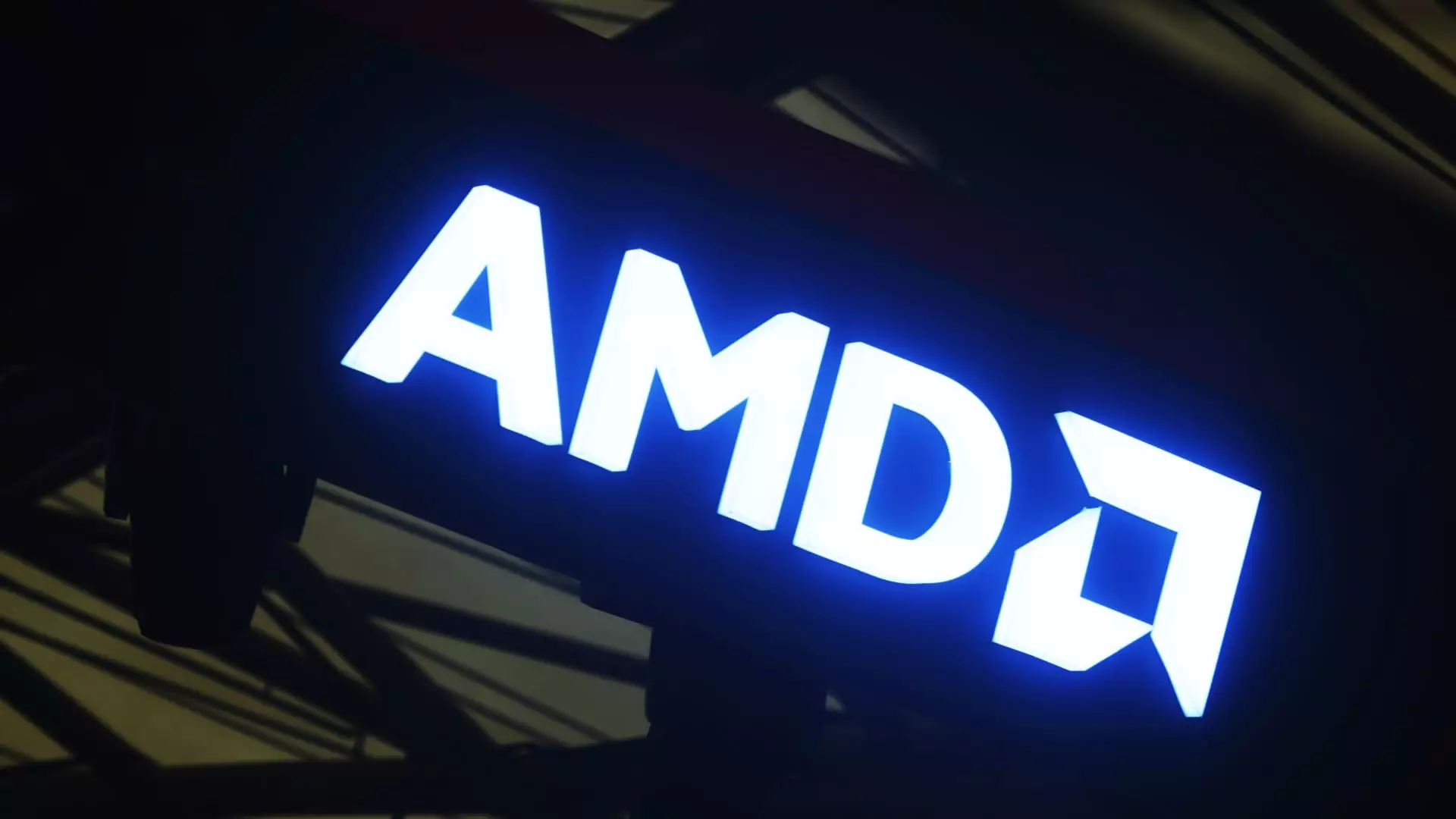The market for AI PCs is rapidly expanding, and chip giant Advanced Micro Devices (AMD) is ready to compete with industry leaders such as Nvidia and Intel. In an exclusive interview with CNBC, AMD’s president, Victor Peng, expressed his confidence in the growth of AI PCs, highlighting the firm’s expectation of increased adoption in the second half of this year. These AI PCs are personal computers with processors specifically designed to perform AI functions, such as real-time language translation. Research firm Canalys predicted that 60% of PCs shipped in 2027 will be AI-capable, as consumers become more interested in devices with AI features.
The launch of ChatGPT in November 2022 ignited widespread interest in AI. This chatbot gained popularity for its ability to generate human-like responses to user prompts. HP’s president and CEO, Enrique Lores, recognized the potential impact of AI PCs during the firm’s earnings call in November. While optimistic about the future of AI PCs, Lores acknowledged that it would take time for them to deeply penetrate the market. Initially, AI-powered devices would target specific enterprise PC segments, but as research firm International Data Corporation suggests, broad adoption is expected over time as more use cases emerge and costs decrease.
AI Capabilities: A Catalyst for Upgrades
IDC anticipates that the integration of AI capabilities into PCs will act as a catalyst for upgrades, with these enhanced devices hitting the market this year. Victor Peng emphasized AMD’s strong position in both AI and traditional businesses, thanks to recent announcements, asserting that AI PCs are becoming increasingly influential. In January, AMD announced the Ryzen 8000G Series desktop processors, promising immense power and dominant performance for intensive workloads, including gaming and content creation.
AMD competes directly with Nvidia and Intel in the graphics processing unit (GPU) market, a vital component for AI and high-performance computing. Nvidia currently dominates the AI GPU market, with notable models like OpenAI’s ChatGPT relying on Nvidia GPUs, namely the H100 in the cloud. In January, Nvidia unveiled new GPUs designed for generative AI applications on PCs. It also collaborated with laptop manufacturers, such as Acer, Dell, and Lenovo, to provide GPUs for their devices. On the other hand, Intel launched Core Ultra chips in December, designed to accelerate AI program execution. These processors power over 230 of the world’s first AI PCs from leading companies like Acer, ASUS, Dell, HP, and Lenovo.
Victor Peng remains optimistic about the future of AI. He believes that AI will continue to grow substantially, asserting that we are still in the early stages of its potential. AMD’s recent launch of the Instinct MI300X chips, designed for large language model training, presents a direct competition against Nvidia’s H100 chips in the server market. Peng emphasizes that AI includes not only data center GPUs but also servers. He confidently expects AMD to gain significant market share in the server market with the MI300 chips.
The market for AI PCs is expanding rapidly, with increased adoption predicted in the near future. AMD is positioning itself as a strong competitor against Nvidia and Intel, recognizing the importance of AI capabilities in PCs. As AI becomes more prevalent, it will serve as a catalyst for PC upgrades, leading to a significant shift in the market. With intense competition in the GPU market, companies like AMD, Nvidia, and Intel are continuously innovating to provide superior products. The future of AI PCs is bright, and as technology advances, we can expect even more impressive developments in this space.

Leave a Reply